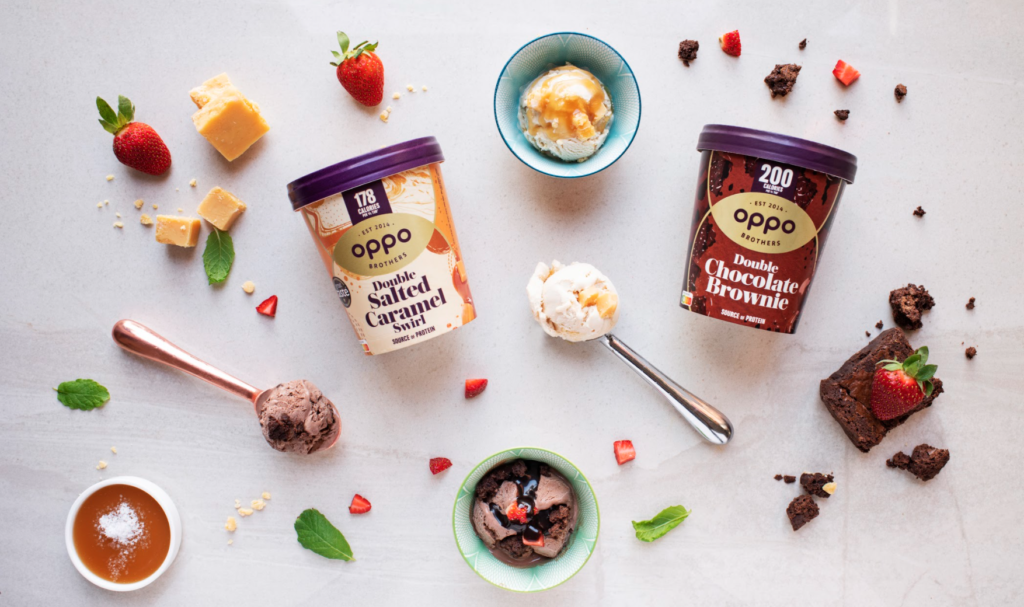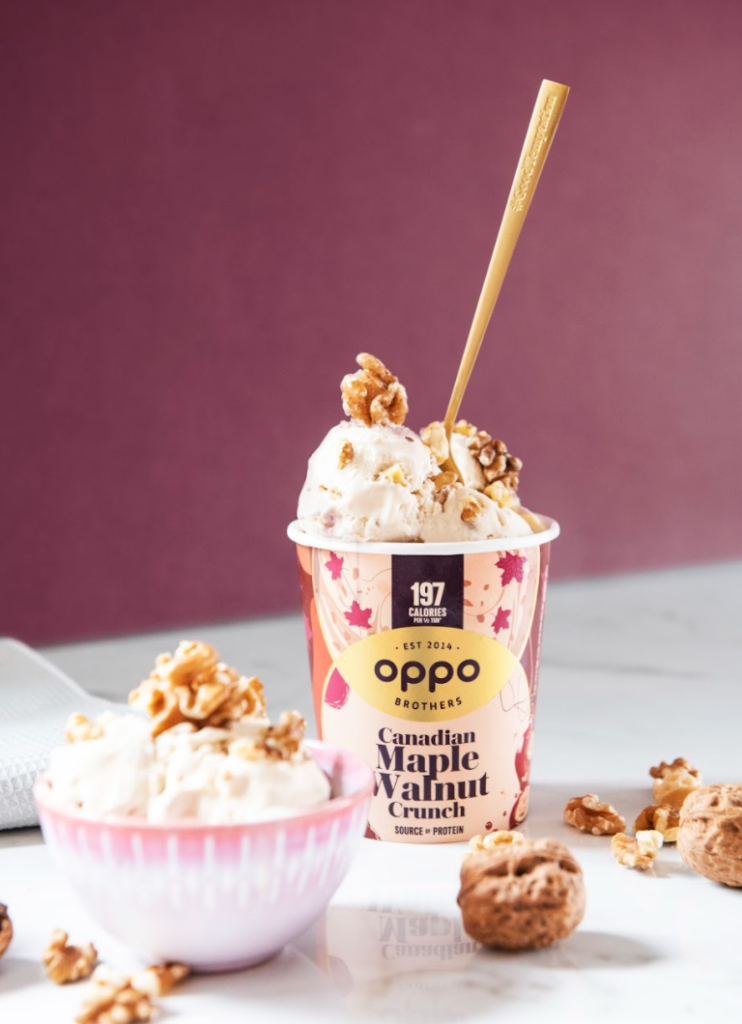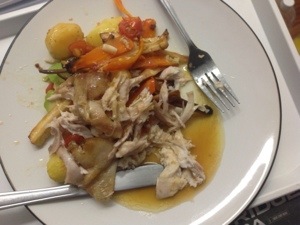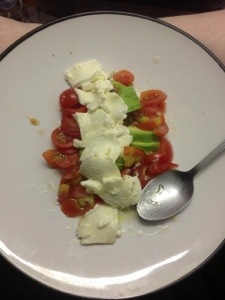We have fallen completely in love with this delicious ice cream which is healthy for you and the planet. It is all of the indulgence with 60% less calories and sugar (they use stevia and other natural ingredients) than regular ice cream. The warm weather is coming and there is no better way to celebrate it than with Oppo Brothers Ice cream. The ice cream has protein in it and lots of other natural ingredients that are good for you. I am a particular fan of the Double Chocolate Brownie flavour.
Even my children love this ice-cream. If it pasts the kids test you know it is a winner. It tastes good and it does good. What more could you want?
Launched in 2014 by brothers Charlie and Harry Thuillier, Oppo’s mission is to create feel good indulgence, without compromising health or planet. Ice cream gives everyone a little lift, and with the sun shining and temperatures rising as we head into summer, Oppo delivers the most indulgent flavours, with up to 60% less calories and sugar than regular ice cream, and no compromise on taste. The first major ice cream brand in the UK to launch a nationwide ice cream delivery service, Oppo customers can get hold of exclusive flavours not available in the shops – arriving in perfect frozen condition. Furthermore, 10% of online profits go to the NHS, meaning #GoodTemptation has never felt better!
Feel good
Ice cream sales exploded last year as Brits treated themselves at home, with an extra 54 million litres going through the tills in 2020₁. Whilst some sought out comfort in calories, others embraced healthier lifestyles during lockdowns and tucked into better-for-you treats like Oppo, with this healthier brand seeing a 40% global increase in sales, and 140% in the UK, more than any of its competitors in the marketplace. In the last 6 years Oppo has saved 5.23bn calories from people’s diet, or 600,000kg of fat, when they choose Oppo over standard ice cream, showing that feeling good can taste good too!
Only the finest natural ingredients
Oppo brings indulgence without compromising health, using all-natural ingredients from all corners of the earth to provide an all round feel-good ice cream. Fresh meadow-grazed cow’s milk is sourced from a sustainable dairy local to the Oppo creamery. Hero ingredients, which keeps the % of sugar and calories at bay include organic Peruvian Lucuma fruit, known as the ‘Gold of the Incas’ which naturally provides a rich caramel flavour for the Double Salted Caramel. Pure Columbian Cacao Fino de Aroma is ethically sourced and used in chocolate ice cream flavours. Stevia leaf brings the sweetness, without the calories or any nasty additives, whilst Madagascan vanilla seeds, cinnamon from the jungles of Sumatra and fruit are bursting with flavour.
Flavour is everything
Natural ingredients combine to create the ultimate frozen treat, whatever the weather. With combinations ranging from zingy lemon to crunchy buttery biscuits and mouth-wateringly rich chocolate, there is something for everyone, including a growing list of plant based vegan options:
-
Caramel Cookie Melt
-
Vanilla Pecan Praline Crunch
-
Colombian Chocolate & Hazelnut
-
Double Chocolate Brownie
-
Double Salted Caramel Swirl
-
Canadian Maple Walnut Crunch
-
Very AlmondBerry (vegan)
-
Simply the Zest (vegan)
-
Madagascan Vanilla & Roasted Almond Ice Cream Sticks
-
Salted Caramel Ice Cream Sticks
-
Colombian Chocolate & Hazelnut Ice Cream Sticks
The Oppo Ethos
Oppo believes in #GoodTemptation, doing right by people as well as the environment. Oppo sources their milk locally, from cows that are free to roam naturally, and where circular farming methods are used to control waste and secrete it into a local forest to reduce C02 impact. For every sustainably-managed tree cut down for the packaging, Oppo plants five more, and their packaging plant runs on green energy. Removing the gold foil from Oppo packaging means that it is easier to recycle, and reduces the energy used in producing it. Cocoa farmers are paid above the market rate, and profits are invested into the local community to build schools and other infrastructure.
About Oppo Brothers
Brothers Charlie and Harry Thuillier conceived the idea for ice cream that makes you feel-good (indulgence at no expense to health) in Brazil in 2011 whilst breaking the world record for the longest distance travelled by kite. It took 2.5 years to create their first recipe.
Entrepreneurs Charlie and Harry Thuillier pitched their idea on Dragons’ Den, asking for a £60,000 investment for a 7% share of the business. Despite failing to secure the investment, the brothers went on to quickly raise over £1.1m in funding through the Seedrs platform, of which investors have now sold for significant profit. In 2016 tennis champion Andy Murray tried Oppo and loved it so much he invested in the ice cream dream, helping to introduce Oppo to over 140k people. Since then they have become the only lower calorie ice cream brand to win Great Taste Awards, and refuse to compromise on health or taste. Charlie and Harry believe that their success is down to Oppo’s focus on quality of product and premium, natural ingredients, plus an understanding that consumers are unwilling to compromise on taste.
Oppo is sold in 12 countries worldwide and is stocked in Tesco, Sainsburys, Waitrose, M&S, Booths, Ocado and more in the UK, as well as being available online for delivery.
RRP is £4.50 for a 475ml tub
This Summer they launch two new flavours – Double Chocolate Brownie and the UK’s first CBD ice cream – Choc ‘n Chill with CBD.












